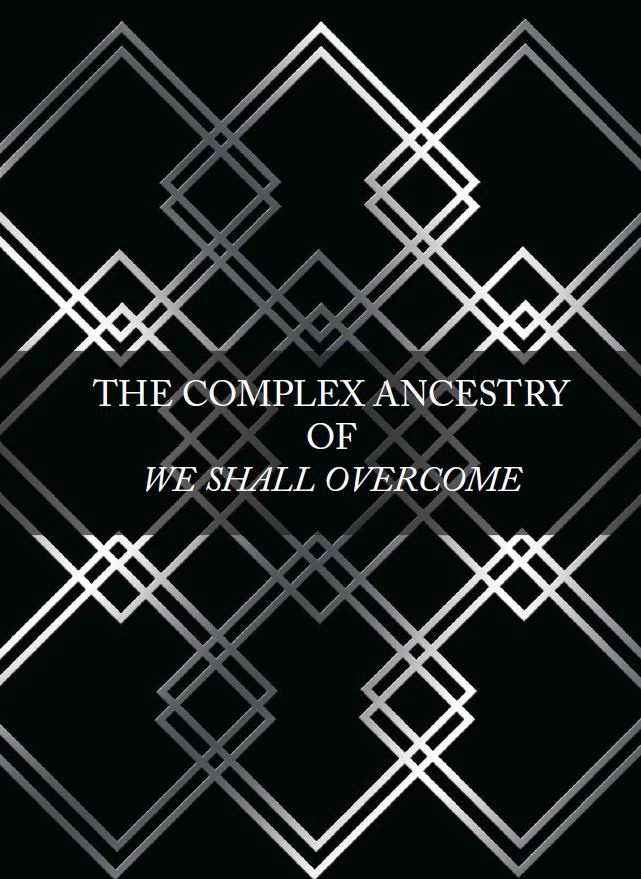The February 2014 issue of Choral Journal included three feature articles titled “Musical Settings of War Texts in Two 20th-Century British Choral Works,” “The Choral Music of Margaret Ruthven Lang,” and “The Complex Ancestry of ‘We Shall Overcome.'” The last article will be the subject of today’s ChoralNet blog, going along with last week’s article that coincided with the celebration of Martin Luther King Day here in the United States.
The author, Victor Bobetsky, writes in the introduction:
“We Shall Overcome,” an anthem of America’s civil rights movement, is a folk song that has played a significant role in American and world history and continues to inspire people around the world who struggle for peace and justice. At different points in time, ‘We Shall Overcome’ has been used as a labor movement song, a civil rights song, a hymn, and a protest song.”
Bobetsky’s article summarizes the origins and evolution of the song’s melody and lyrics by examining seven potential antecedent songs and discusses the relationship between two of “We Shall Overcome’s” earliest potential antecedents. The seven antecedent songs are the following:
- O Sanctissima, an Italian hymn tune also known as the Sicilian Mariners’ Hymn, most likely the most distant ancestor
- No More Auction Block, the freedom song also known as Many Thousand Gone
- I’ll Overcome Some Day (Albert Tindley)
- I’ll Be Like Him Someday, a gospel hymn created for lead voice, vocal ensemble, and piano, written and published by Roberta Evelyn Martin in 1945
- I’ll Overcome Someday (Kenneth Morris/Atron Twig)
- I’ll Be All Right, a gospel hymn that was essentially an orally transmitted folk song
- I Will Overcome, a variant of I’ll Be All Right
In 1950, We Will Overcome was one of the Eight New Songs for Labor recorded by Joe Glazer and the Elm City Four, a project of the Congress of Industrial Organizations’ Department of Education and Research and in Songs of Work and Freedom, edited by Edith Fowke and Joe Glazer.
The article includes historical information on the works, score excerpts, and comparisons and connections to the American Civil Rights Movement.
ACDA members can read this issue of the Choral Journal online by clicking here. Non members can review the benefits and membership categories here. (There is an associate membership option for only $45 a year!)



Leave a Reply
You must be logged in to post a comment.